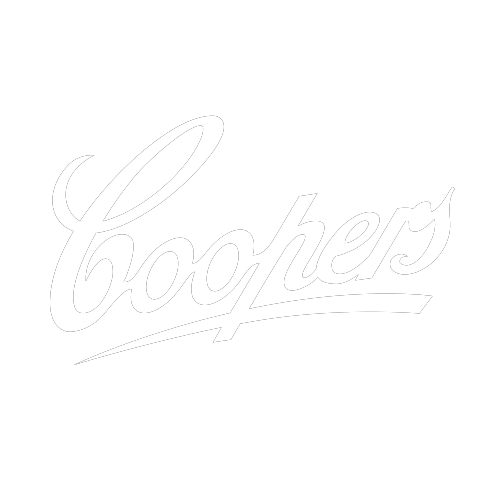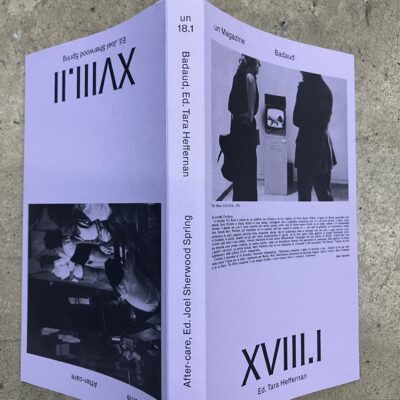El Topo and The Holy Mountain Alejandro Jodorowsky
3 May–21 June 20083 May–21 Jun 2008
For this year’s IMA@DENDY, we present the cult-classic underground films of Chilean-born director Alejandro Jodorowsky. Visually stunning, deeply disorienting, often incomprehensible, these films blend religious imagery, esoteric mysticism, freaks, and amputees; eroticism, surrealism, and ultra-violence. With their genre-bending, their fusion of mystic geometry, and their anarchy—and starring the director himself—these grail-questing epics offer a surprising precedent for Matthew Barney’sCremaster Cycle.
El Topo (1970) is a trippy surrealistic Western. Classic Americana and avant-garde European cinema sensibilities meet Zen Buddhism and the Bible as Jodorowsky as El Topo—a master gunman and cosmic mystic—defeats four sharp-shooting rivals on a bizarre path to enlightenment and surreal resurrection. In The Holy Mountain (1973) a Christ-like thief wanders through grotesque scenarios filled with religious and sacrilegious imagery. He meets Jodorowsky, playing a mystic guide and alchemist, who introduces him to seven wealthy and powerful individuals, each representing a planet in the solar system: a cosmetics manufacturer, an arms manufacturer, an art dealer, a political financial adviser, a toy maker, a police chief, and an architect. Along with the thief and the guide, they divest themselves of their worldly goods and seek out the Holy Mountain, in order to displace the gods who live there and become immortal.
El Topo introduced by artist and film critic Philip Brophy, Saturday 14 June at 6pm; The Holy Mountain, Sunday 15 June at 3pm; The Holy Mountain introduced by Trash Video’s Andrew Leavold; Saturday 21 June at 6pm; El TopoSunday 22 June at 3pm. Dendy Cinemas, 346 George Street, Brisbane. Films distributed by Siren Visual.






